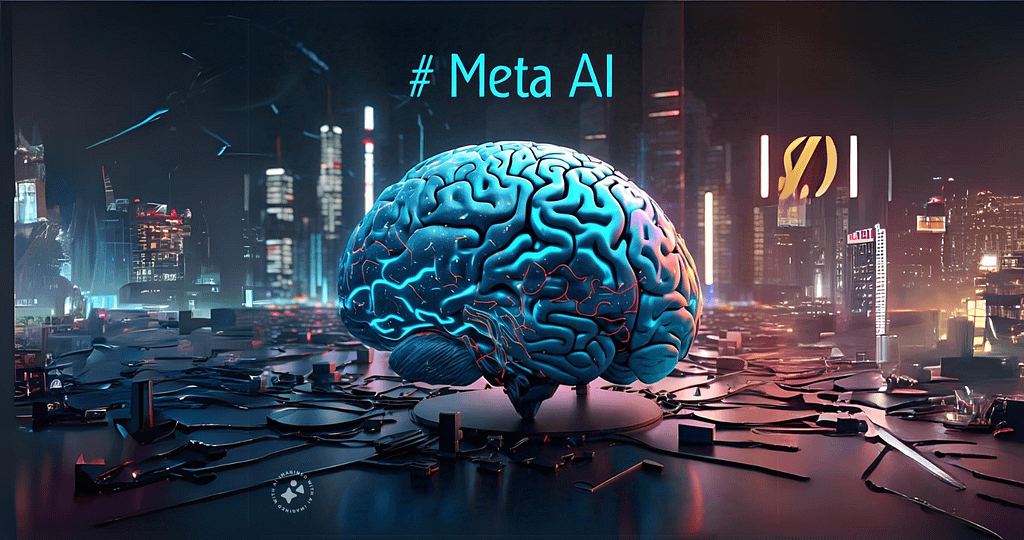
Introduction
Meta AI & Digital industry
In recent years, Artificial Intelligence (AI) has transformed the way we live and work. Among the pioneers of AI technology is Meta AI, a cutting-edge innovation that has taken the tech industry by storm. In this blog, we’ll delve into the history of Meta AI, its market impact, and its groundbreaking features that are changing the game.
History of Meta AI
Meta AI, formerly known as Facebook Artificial Intelligence Research (FAIR), was founded in 2013 by Facebook (now Meta Platforms). Initially, its primary focus was on researching and developing various forms of AI to improve Facebook’s products and services. Over time, Meta AI expanded its scope to create more general-purpose AI technologies, leading to the development of innovative models like DALL-E, CICERO, and LLaMA.
Features of Meta AI
Natural Language Processing (NLP): Meta AI’s NLP capabilities enable computers to understand, generate, and process human language. This includes text classification, sentiment analysis, language translation, and text generation. Meta AI & Digital industry
Computer Vision
Meta AI’s computer vision capabilities enable machines to interpret and understand visual data from images and videos. This includes object detection, facial recognition, image classification, and segmentation.
Generative Models
Meta AI’s generative models can create new, unique content, such as images, music, and text. For example, generative models can create synthetic images of products for e-commerce or generate music for entertainment.
Reinforcement Learning
Meta AI’s reinforcement learning capabilities enable AI models to learn from interactions with environments and make decisions to achieve specific goals. This includes training AI models to play games, control robots, and optimize business processes.
Conversational AI
Meta AI’s conversational AI capabilities enable chatbots and virtual assistants to engage in human-like conversations. This includes dialogue management, intent recognition, and response generation.
Keyword Highlights
Artificial Intelligence: The development of intelligent machines that can perform tasks that typically require human intelligence.
Machine Learning: A subset of AI that enables machines to learn from data and improve their performance over time.
Natural Language Processing*: A subfield of AI that focuses on the interaction between computers and humans in natural language.
Computer Vision
A subfield of AI that focuses on enabling machines to interpret and understand visual data.
Generative Models
AI models that can create new, unique content, such as images, music, and text.
Conversational AI
AI models that can engage in human-like conversations.
Reinforcement Learning
A machine learning approach that enables AI models to learn from interactions with environments.
Meta AI
A technology company that develops and applies various forms of AI to improve products and services.
Facebook Artificial Intelligence Research (FAIR)
A research organization founded by Facebook (now Meta Platforms) to develop various forms of AI.
Conclusion
Meta AI has revolutionized the tech industry with its cutting-edge technologies and innovative features. Its impact on the market has been significant, with its applications being used across various industries. As AI technology continues to evolve, Meta AI is poised to remain at the forefront, shaping the future of work and life.
